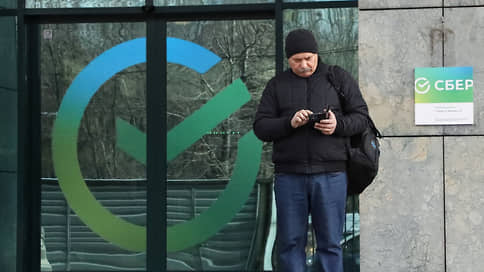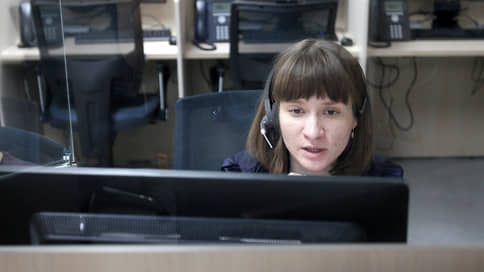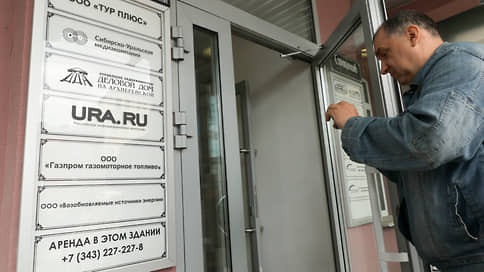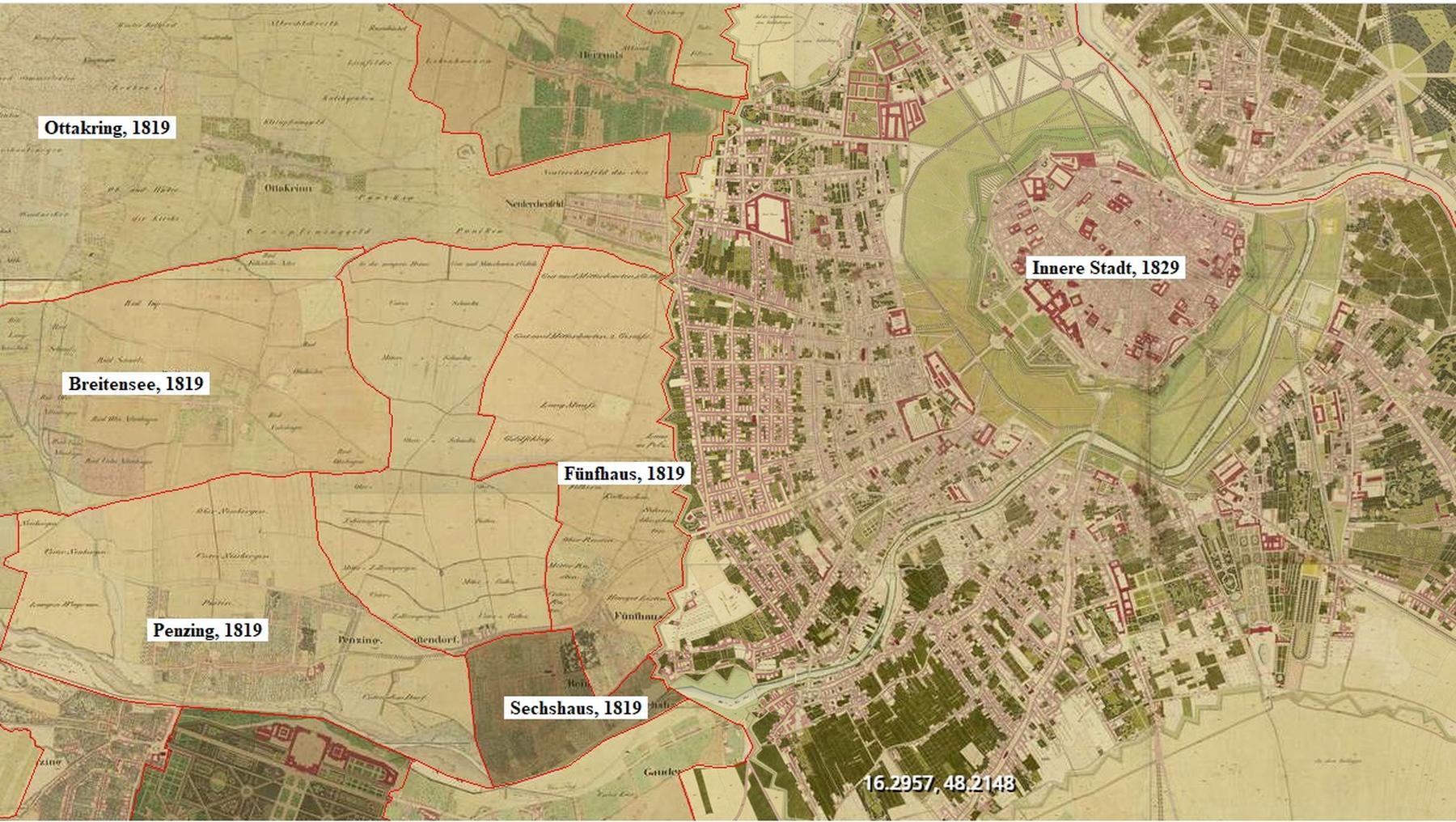Sbermobail will begin to provide communication services in Crimea

The Virtual Saber communications operator begins to provide communication services in Crimea from May 29 and plans to connect 10% of all residents of the region – about 240 thousand people. The operator will work on the Miranda-Media network (19.99% of Rostelecom). Sbermobail also plans to enter the DPR, LPR, Zaporizhzhya and Kherson regions.
The Sbermobail mobile virtual virtual operator (MVNO) is launched in Crimea on May 29, they told Kommersant in the company. In addition, the representative of the operator told Kommersant that the company plans to enter the DPR, LPR, Zaporizhzhya and Kherson regions in the future, but he refused to reveal the details and timing of the start of work in the regions.
In Crimea, the operator will work on the Miranda-Media network, when in other regions of the Russian Federation the coating is provided by MegaFon and T2 networks. Last year, Sbermobail announced plans to enter the Crimea market until the end of 2024. Then Sbermobail reported that it would be launched on the networks of the local K-Telecom. In the same summer, the MVNO T-Bank “T-Mobail” announced the same summer (see Kommersant on July 29, 2024). The representative of Sbermobail specified Kommersant that the deal with K-Telecom did not take place and that the parties did not agree in the conditions. The T-Mobail did not respond to the requests of Kommersant.
19.99% of Miranda-Media LLC belongs to Rostelecom, 80%-LLC SK LUKSRES, whose share is under the burden at the Rossiya JSC JSC.
Sbermobail says they plan to « cover 10% of the total population of Crimea and Sevastopol. » According to Rosstat, the population of the republic and the city is 2.47 million for 2024. The peninsula is now operating 23 Sberus branches in which residents will be able to become the operator subscribers, says Sbermobail representative. The same tariffs are available for them as for the rest of Russia, as well as ESIM services.
According to Telecomdaily, MVNO last year, 4% of the mobile communications market took with 10 million active SIM cards and the same share in money with 38 billion rubles. MVNO revenue in 2023 increased by 17%, the growth was primarily associated with an increase in the client base of telecom operators included in the banking structures. 40% of the MVNO market subscribers in Yota (operates on MegaFon network), another 27% of T-Mobile (on the T2 and MTS network), 15% of the RTK (on the T2 network), 6% of Sbermobail.
After the departure from Crimea, Ukrainian operators in 2014 launched their work “K-Telecom” on the peninsula (the “+7-Tales” brand) and Miranda-Media, the latter only in 2024 deployed its own network of radio dodges (mobile communications). The operators of the “Big Four” – “Vimpelcom”, “Megaphone”, T2 provided services in the region under the terms of roaming before the beginning of this year, MTS said that she would cancel roaming in the region in June. In 2024, the FAS demanded that the operators stop charging an additional fee from subscribers in Crimea.
“Crimea is a significant part of the market, taking into account its tourist significance. The work of MVNO on the peninsula is a matter of user experience and seamless customer service, ”explains Alexey Bakhtin, commercial director of RDP.ru.
Equal working conditions of MVNO and the “big four” on the peninsula will not interfere with the plans of Sbermobail to occupy the planned market share, according to independent telecom-analyst Alexei Slavukin. “They do not plan to go to new regions full -scale. Unlike MVNO, classic operators need much more investments, which they now simply do not have because of the economic situation, ”he adds.
At the same time, in the future, MVNO will be able to occupy a “good share” of the market of new territories at the expense of their ecosystem offers, the ability to keep a lower price tag and in conditions of low competition, he said. Now the “big four” operators provide services in new territories under the terms of national roaming – as it was before in Crimea.








